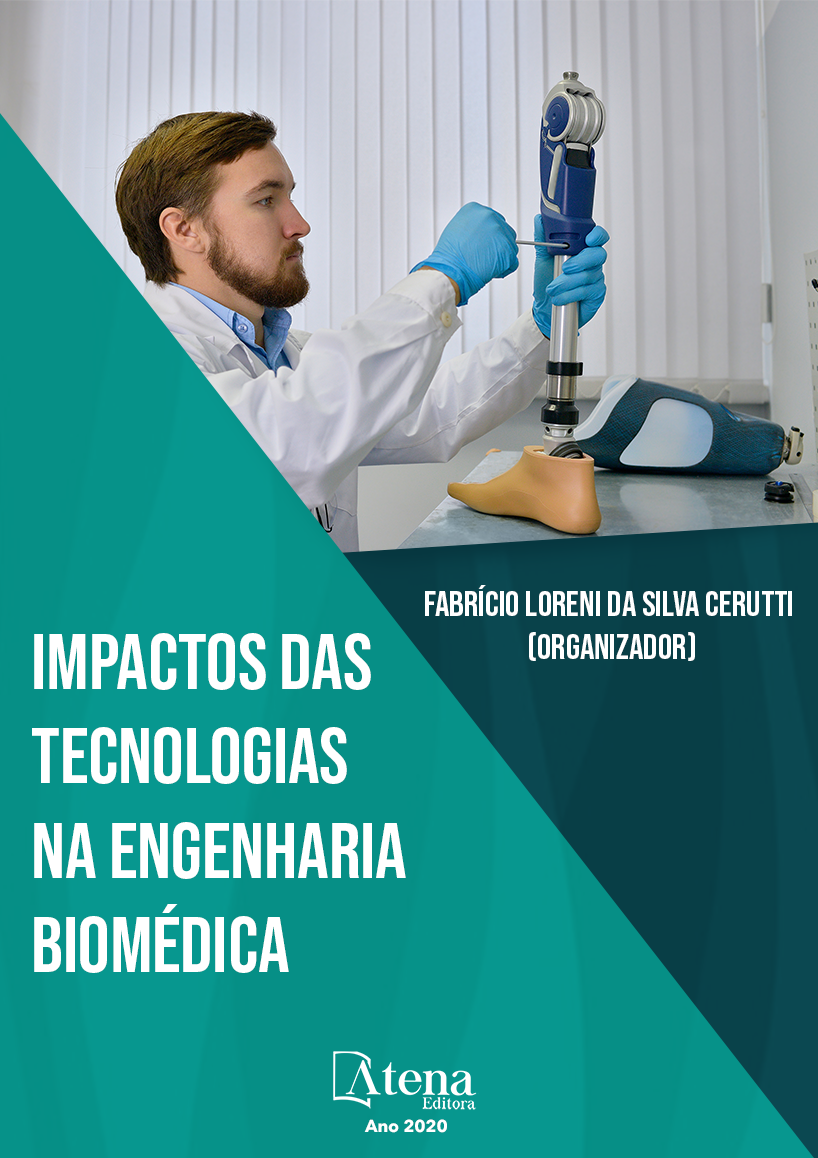
Cardiac Arrhythmia Diagnosis Applying Machine Learning Techniques
A arritmia cardíaca afeta milhões
de pessoas em todo o mundo. Embora de
ocorrência comum, sua identificação e o
correto diagnóstico não são tarefas simples.
Nesse contexto, esse trabalho apresenta um
estudo sobre a aplicação de Aprendizado de
Máquinas à identificação e ao diagnóstico de
arritmias cardíacas. Classificadores foram
obtidos utilizando os algoritmos k-NN e SVM,
e os testes foram realizados com os dados
do dataset Arrhythmia, que é constituído por
informações obtidas a partir dos exames de
ECGs dos pacientes, bem como informações
relacionadas ao seus estilos de vida. Três testes
foram executados, no primeiro foi verificado a
capacidade dos classificadores para identificar
se ocorreu ou não um episódio de arritmia.
No segundo, foi verificado o desempenho
dos classificadores na identificação do tipo
de arritmia, e no terceiro, a investigação foi
realizada considerando o sexo dos indivíduos.
Os resultados indicam que a utilização de
Aprendizado de Máquina pode, de fato, auxiliar
os especialistas no diagnóstico de arritmias.
Em todos os testes o k-NN apresentou melhor
desempenho, quando comparado ao SVM. O
melhor resultado entre todos os testes foi obtido
na classificação por sexo, em que o k-NN
apresentou uma taxa de acerto de 94.03% na
identificação de ocorrências de arritmias em
pacientes do sexo feminino.
Cardiac Arrhythmia Diagnosis Applying Machine Learning Techniques
-
Palavras-chave: Arritmia cardíaca, aprendizado de máquina, máquinas de vetor de suporte, vizinho mais próximo.
-
Keywords: Cardiac arrhythmia, machine learning, support vector machine, nearest neighbour.
-
Abstract:
Cardiac arrhythmia affects
millions of people worldwide. Although
commonly occurring, identifying and correctly
diagnosing is not a simple task. In this context,
this paper presents a study on the application
of Machine Learning to the identification and
diagnosis of cardiac arrhythmias. Classifiers
were obtained using the k-NN and SVM algorithms, and tests were performed using
data from the Arrhythmia dataset, which consists of information obtained from patients’
ECG examinations, as well as information related to their lifestyles. Three tests
were performed; in the first one, the ability of classifiers to identify whether or not an
arrhythmia episode occurred. In the second one, the performance of the classifiers in the
identification of the arrhythmia type was verified, and in the third one, the investigation
was performed considering the gender of the individuals. The results indicate that the
use of Machine Learning may, in fact, assist specialists in the diagnosis of arrhythmias.
In all tests k-NN presented better performance when compared to SVM. The best
result among all tests was obtained by gender classification, where k-NN presented a
accuracy of 94.03% in identifying arrhythmia occurrences in female patients.
-
Número de páginas: 15
- Lizandra Silva Sá
- Luiz Alberto Pinto
- Amanda Lucas Pereira


